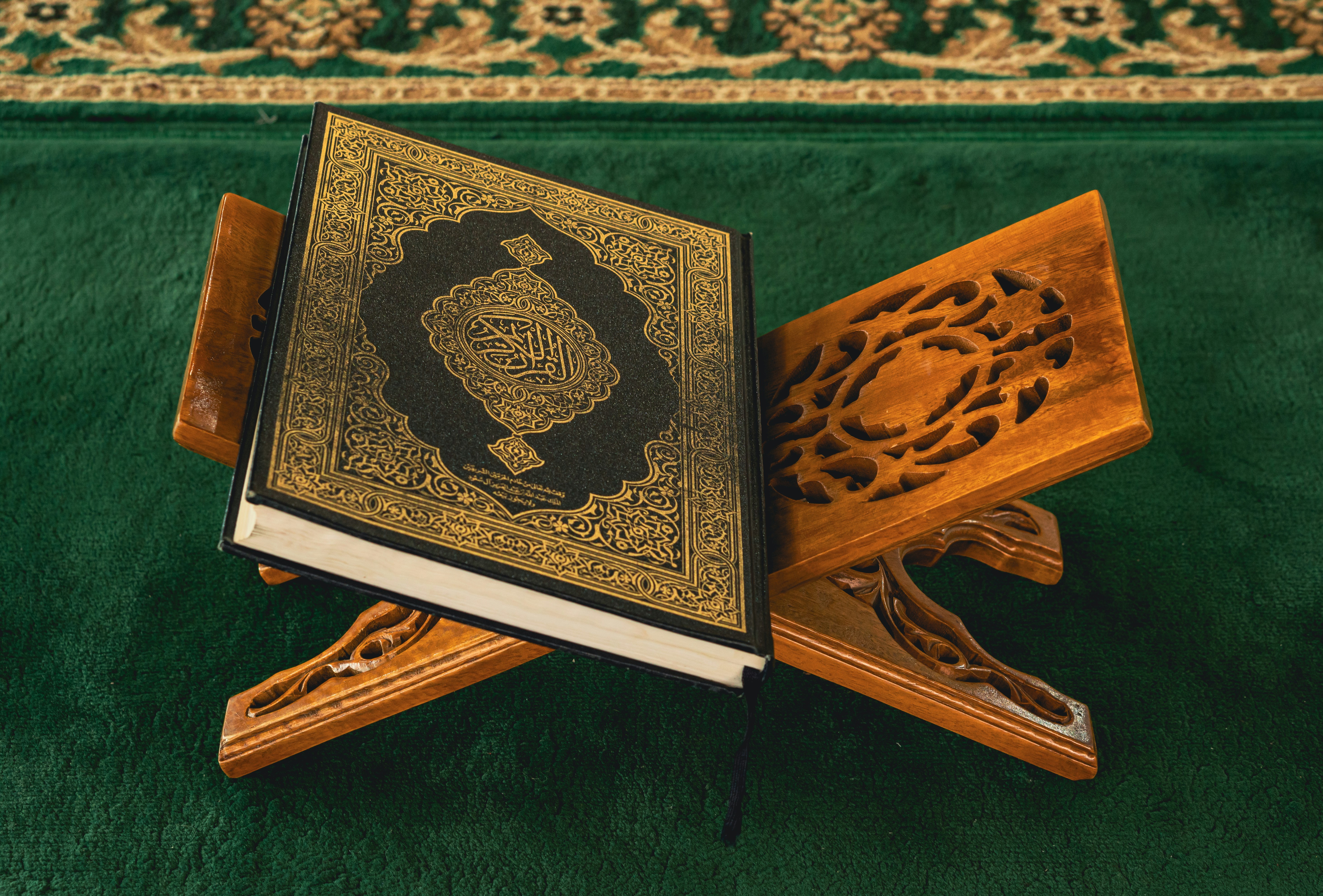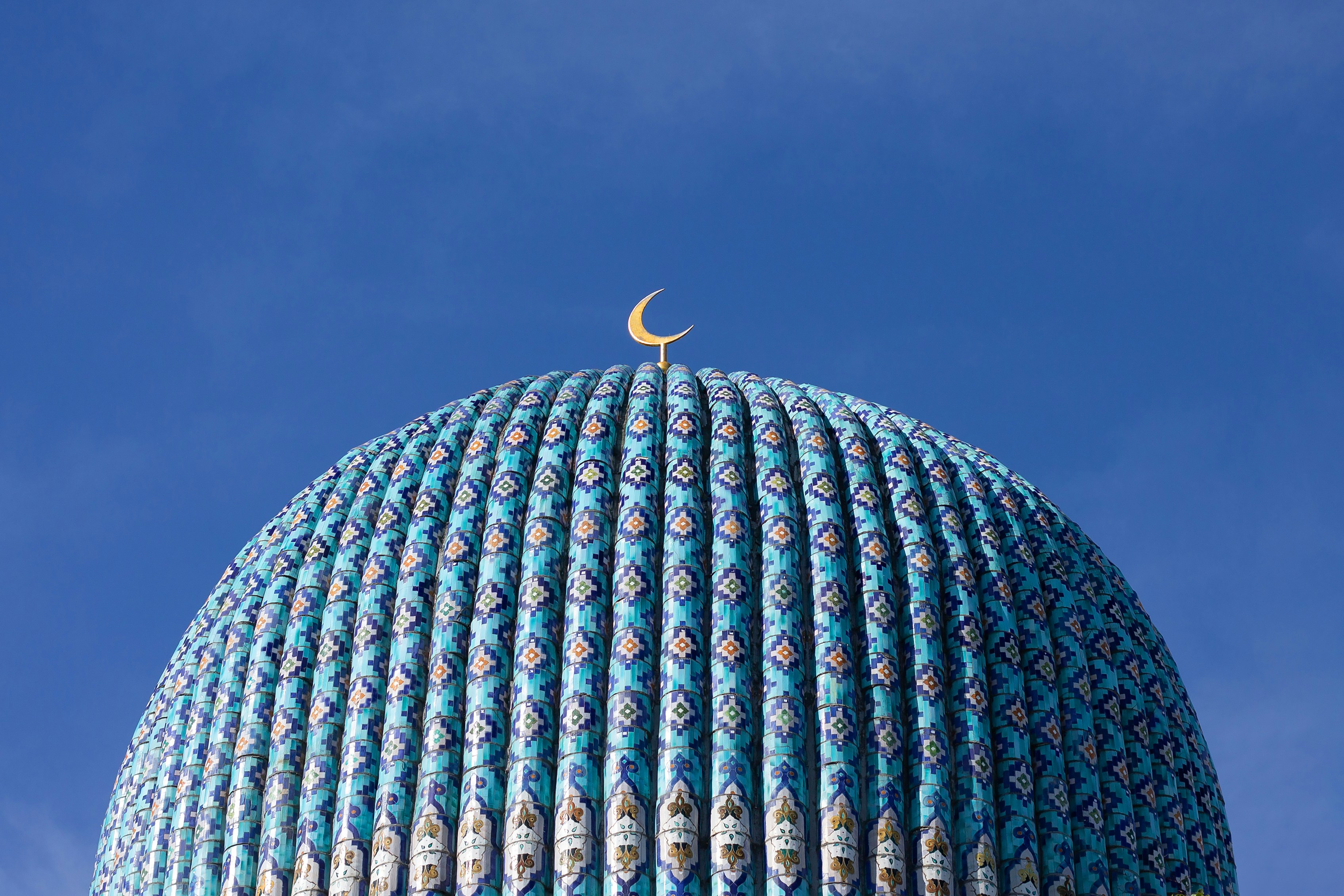(Interprétation Rêve Islamique – Islam Interprétation des Rêves)
Islamic Interpretation of Dreams
Above and beyond being psychological or lucid activities, dreams in Islam are considered as something of higher spiritual value that requires further analyzing. The concept of Islam interprets dreams has its roots within the Kutub Al-Siha (the authentic books ranging from Sahih al-Bukhari to Sahih Muslim) which book contains and cites the teachings of The Prophet Muhammad (peace unto him) as well as the teachings of his companions. While modern psychology understands dreams to be a collection of subconscious notions mingled into one coherent story, Islam teaches them a different approach; dreams are either signs from God, warnings or indirect messages waiting to deliver unique news.
In this article, I will be addressing the fundamentals, types and methods of interpretation of dreams in Islam, and in parallel, provide instructions supporting how Muslims are expected to behave towards dreams.
- The Fundamentals of Interpretations of In Islam
The fundamentals of modern approaches, activities of interpreting dreams in Islam (al-ta’bir al-ru'ya), is categorized into two main domains: the practical and the theoretical. This is premised on the thesis that as independent beings that derive pleasure from breathing and living, attaining knowledge requires us to embody a spirit of inquiry and be permissive to accept even the possibility that sated some of our dreams could very well be surrealistic fantasies that transcend society's norms yet full of enlightenment principles. Alif Ba Ta’bir
The Prophetic words cannot fade nor lose relevance: There is no longer any divinity other sacred messages framed as joyous announcement
Thus al Bukhari Sutra
Consequently, since there remains a portion on his presence, his essence speaks to us. Hence, parts dominated by the spirit within us is recognized. Realistic sequences, as limbs of our revelations deemed self-contained vision, validated steer toward what is left towards conservations in other worlds–to dreams threads which serve as landmarks enabling steerace. Shunciation capture enshrines traversing through unknown lands while maintaining within retain the essence echo their sound.
- Types of Dreams in Islam (Types de Rêves selon l’Islam)
Within the realm of Islam, a dream is often divided into three distinct categories:
a. True Dreams (Ru’yā Sāliha)
They come from Allah. Peaceful and clear, such a dream is most likely to appear just before Fajr (dawn). They often contain spiritual guidance, warnings, or messages of cheer. These messages capture the essence of interpretation rêve islamique.
b. Self-Generated Dreams (From Nafs)
These dreams are influenced by day-time thoughts and emotions, as well as untamed stresses. Consider an individual who is anxious about work; this person may dream about losing their job. Such dreams usually require little to no interpretation.
c. Satanic Dreams (from Shayṭān)
Shayṭān's quiet influence gives us frightening, disturbing, and perplexing dreams. The Prophet ﷺ educated Muslims not to discuss them and ignore them instead. When they awake, they should seek refuge with Allah.
- Qur’an and Prophetic Examples
The Qur'an has placed bounds around such teachings while providing adequate reasoning for one's belief in Islamic dream interpretation:
a. Prophet Yusuf (Joseph) – Surah Yusuf
Analyzing dreams stands out as one of Prophet Yusuf’s (AS) distinct features. Yusuf had impressive dreams, chief among them being capable of interpreting highly complex puzzles for other dreams like those of the king of Egypt’s prisoners and later his dreams.
“Then your Lord will select you and teach you the interpretation of dreams."
(Qur'an 12:6)
b. Prophet Ibrahim (Abraham)
He had a dream about killing his son which he considered a command. This dream was not symbolic in any way but rather literal, serving as a test of his faith.
- Symbolism of Islam's Rêve Interprétation
The interpretation of Islamic dreams often incorporates the interpretation of symbols. For instance:
| Dream Symbol | Interpretation |
|---|---|
| Milk | Knowledge or purity |
| Snake | Hidden enemy |
| Green color | Faith, spiritual growth |
| Rain | Mercy, blessings, or trials depending on the context |
| Teeth falling out | Loss, family issues, or longevity |
Bear in mind these interpretations are not absolute, a combination of the believer’s life, devotion, and circumstance must be taken into account.
- Guidelines for Dream Interpretation in Islam
With regards to islam interprétation des rêves, it is essential to observe the following etiquette rules:
Share good dreams only with persons whom you trust.
Do not share bad dreams as instructed by the Prophet ﷺ.
Approach an expert interpreter who understands Islam, the Qur’an, Arabic, and the symbolic language of dreams.
Don’t confuse with logic, not all dreams need action or interpretation.
The Prophet ﷺ stated:
“If anyone sees a dream which he dislikes, let him dry spit to his left side thrice, and seek refuge with Allah from Shaytan.”
(Sahih Muslim)
- Who Was Ibn Sirin?
No discussion on interpretation rêve islamique is complete without mentioning Ibn Sirin—an 8th century Islamic scholar with the famous book “Ta’bir al-Ru’ya” (Interpretation of Dreams). He is taught to this day and is still one of the most respected sources in Islamic dream interpretation.
- Can Dreams Guide Life Decisions in Islam?
While offering insight on a spiritual level, dreams do not take the place of divine revelation (Quran and Sunnah) and therefore should not be the only grounds for decisions made in life. Scholars agree:
Dreams do definitively not take precedence over Shariah.
Dreams cannot lay the foundations for religious rulings.
Should be considered in matters of spirituality only, but not as legal counsel.
Conclusion
The very notion of Islam interpretation des rêves is an intricate and profoundly rich aspect of the Islamic tradition. Contrary to being a conspiracy or a baseless tale, dreams in Islam can serve as reminders, insights, and signs—when interpreted sagely, and still within the limits of Shariah.
Interprétation rêve islamique encompasses more than symbolic imagery and messages; there is a possibility of spirituality that needs attention. It requires a combination of belief, understanding, and self-reflection. In any case, a Mu’min will put their faith in Allah, seek explanation through Salat, and depend on sound authority offered for achieving the interpretations that discourse the dreams.



